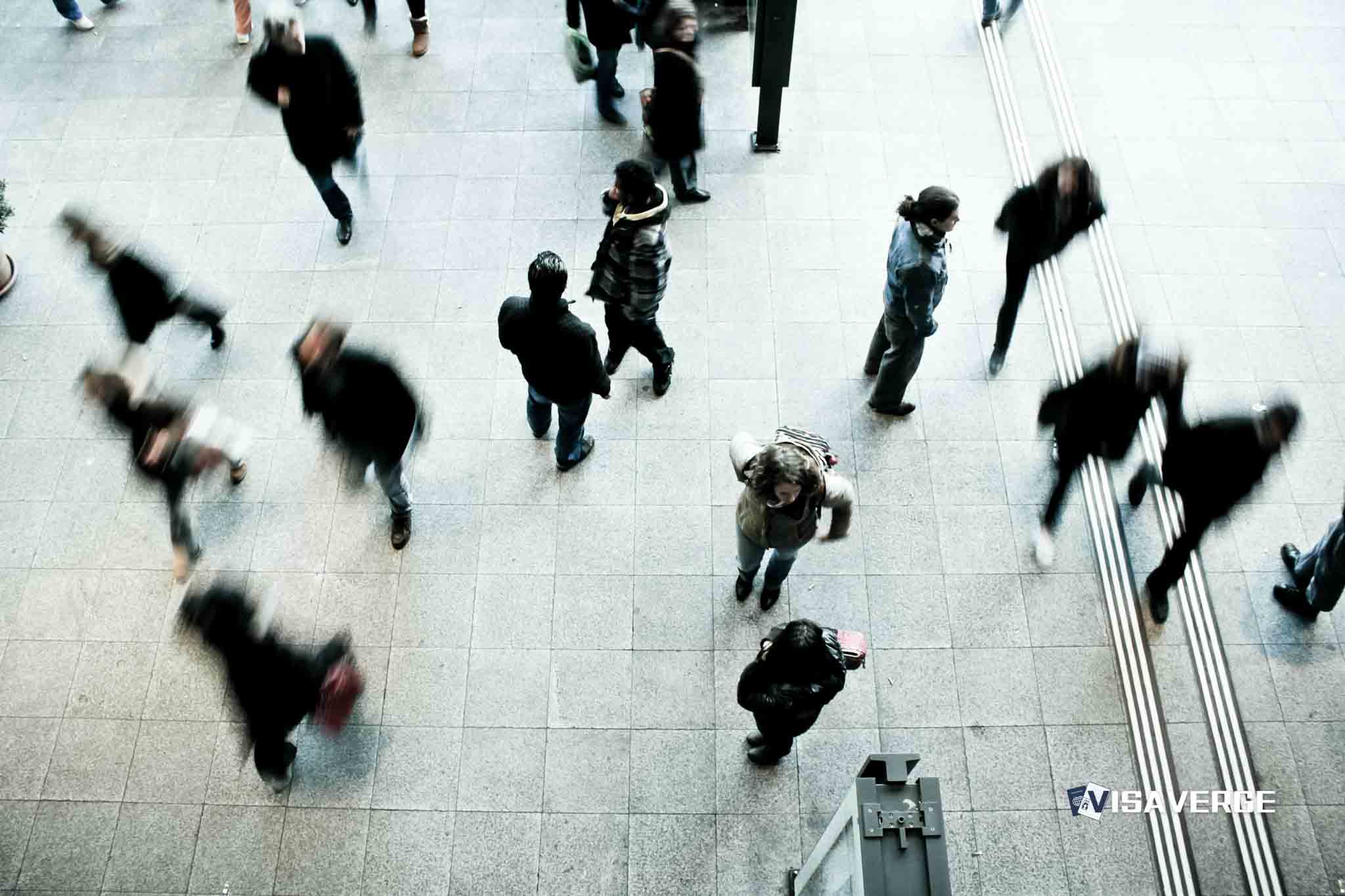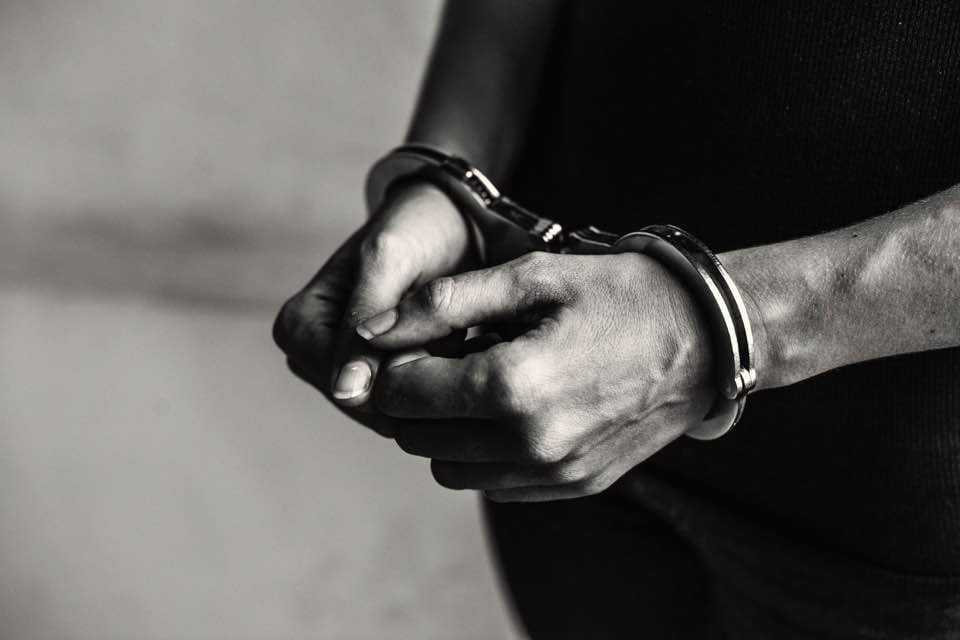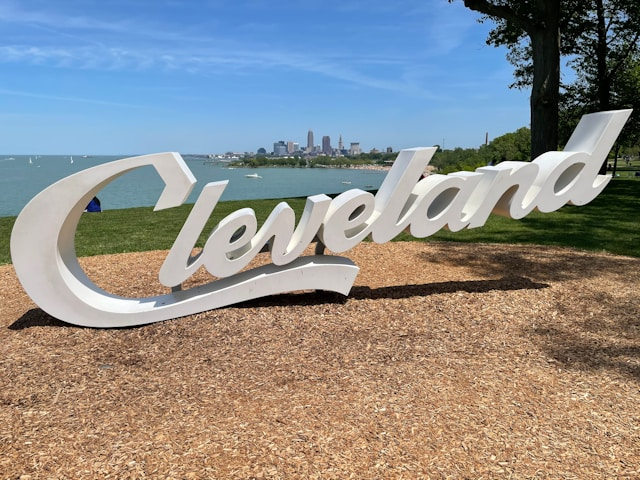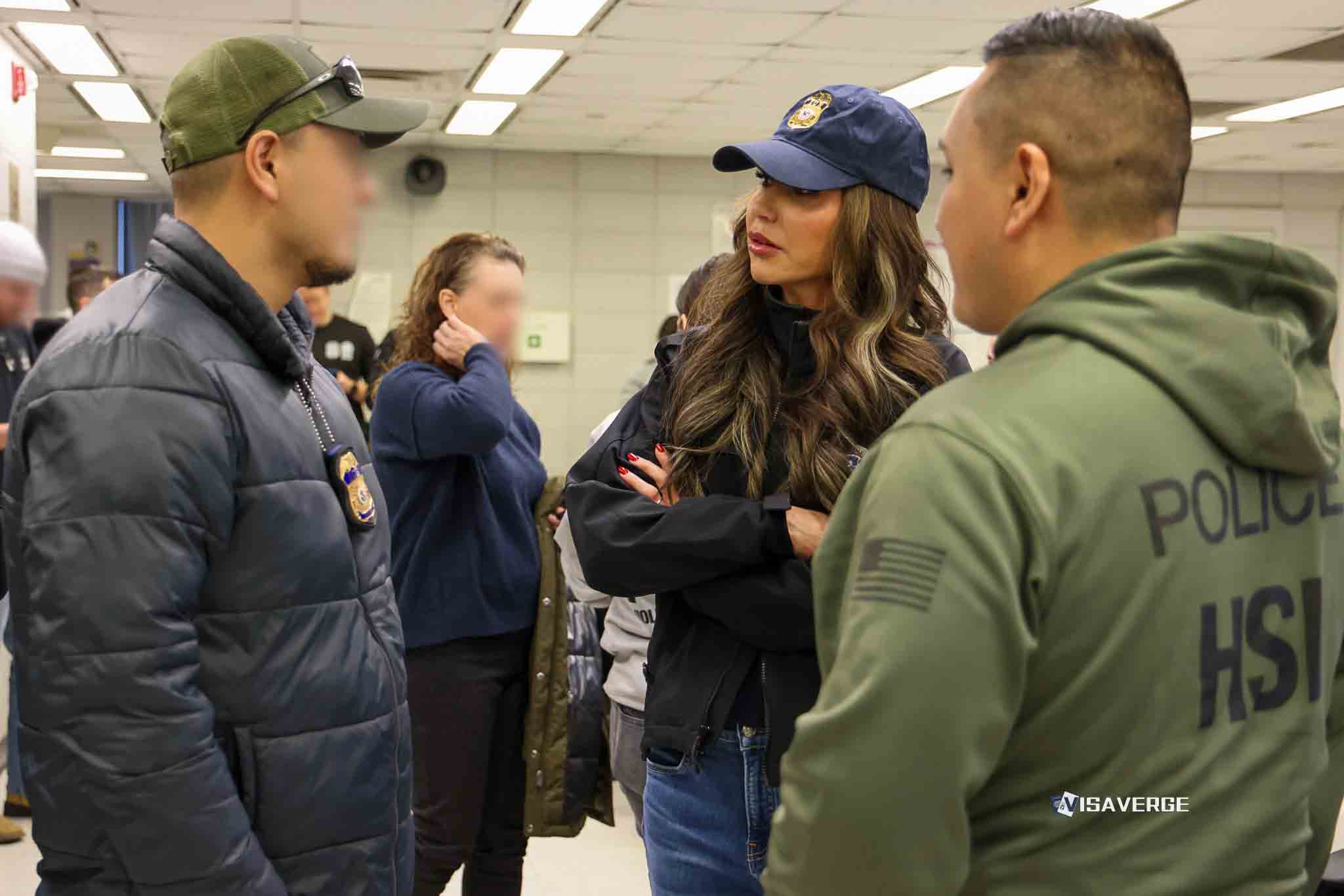(DALLAS) The detention of Muslim community leader Marwan Marouf by U.S. Immigration and Customs Enforcement (ICE) has shaken the Dallas Muslim community, turning a long-settled immigrant’s routine school drop-off into a test case for how the federal government uses its immigration powers. Marouf, who has lived in the United States for more than three decades, was taken into custody on September 22, 2025, in the Dallas area, just hours after learning that his latest Green card application had been denied. He has now spent more than 50 days in detention, far from his wife and four sons.
Arrest and immediate impact
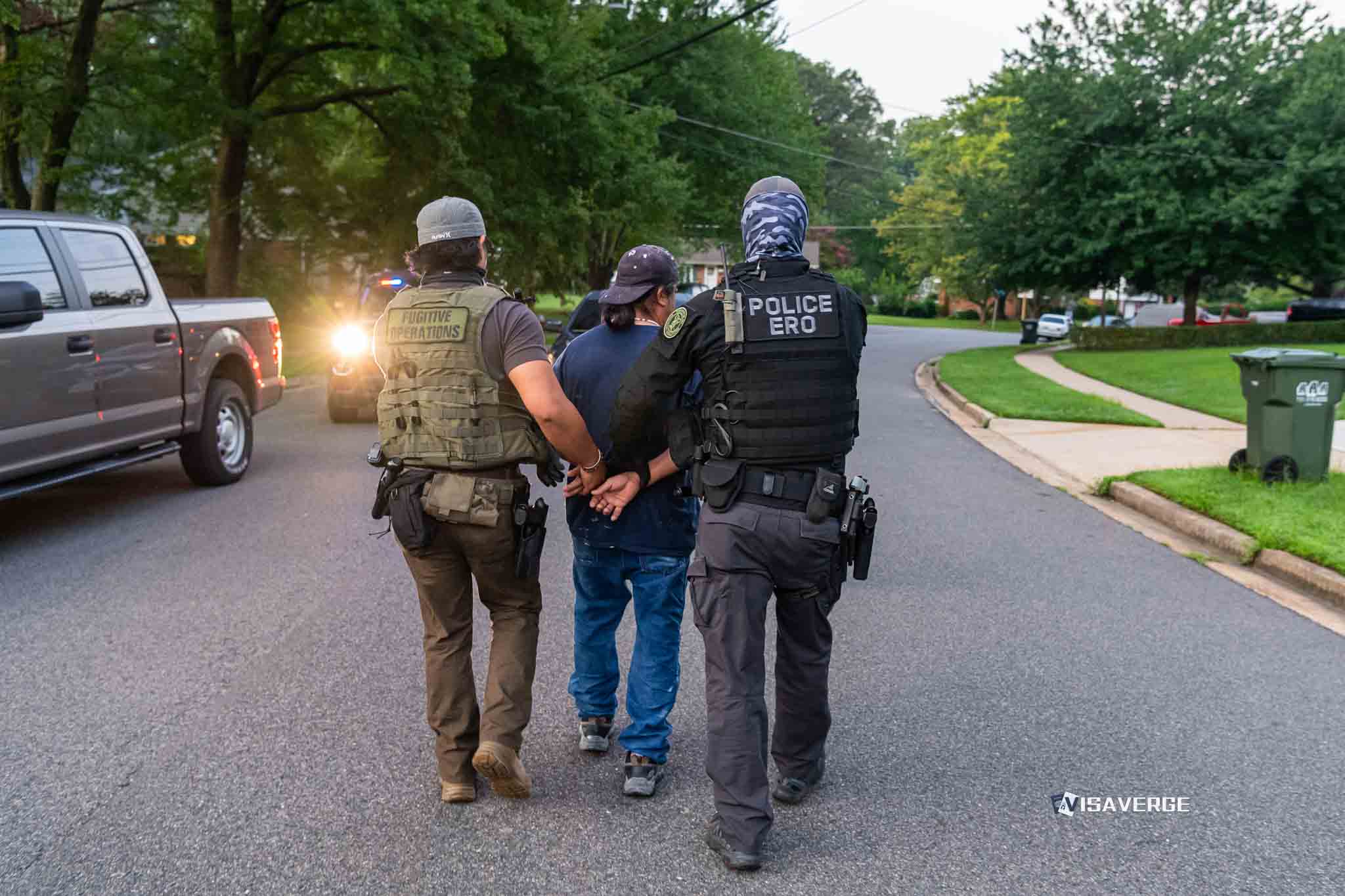
According to court filings summarized by supporters, ICE agents arrested Marouf moments after he dropped his 15‑year‑old son at school. His legal team describes the arrest as both abrupt and deeply traumatic for the family.
The same day, U.S. immigration authorities rejected his bid for lawful permanent residence. His lawyers say that decision relied on old records and skipped recent legal arguments and evidence that they believe should have made him eligible to stay.
Marouf is being held at the Bluebonnet Detention Facility in Anson, Texas — about three hours from Dallas — which makes regular family visits difficult and expensive. The case spread quickly through local mosques, schools, and social media in North Texas, where many see him as a mentor and steady voice.
Friends and community members described shock and disruption when he suddenly disappeared from daily life; parents and teenagers only learned what happened when it became known he had failed to show up to planned events.
Community role and contributions
For years, Marwan Marouf has been known not as a defendant but as a community leader. He serves as public relations and fundraising director for the Muslim American Society of Dallas.
Community contributions credited to Marouf include:
- Helping build one of the largest Boy Scout troops in North Dallas
- Leading youth drug awareness campaigns
- Volunteering with the Red Cross as a Certified Disaster Relief First Responder
Local reporting from outlets including Salon, Fox 4 News, and Religion News Service say his removal has left what one organizer called “a huge hole” in daily community life.
“A huge hole” — description used by a local organizer to summarize the community’s response.
Legal defense and arguments
The Muslim Legal Fund of America (MLFA), a Texas‑based civil rights group, is leading Marouf’s defense. MLFA argues the government’s handling of his green card case reflects deeper bias against Muslim immigrants.
Key points from MLFA’s case summary (also posted on its site):
- The Department of Homeland Security has maintained every charge against him in immigration court.
- MLFA says he was stripped of eligibility for voluntary departure, a remedy that can sometimes allow a person to leave without a formal deportation order.
- Attorneys are fighting both the detention and the denial of his application in immigration and federal courts.
Critical upcoming hearing
A key hearing that could determine whether ICE can move forward with deporting Marouf is scheduled for Thursday, November 20, 2025, according to MLFA legal director Marium Uddin.
At that hearing, an immigration judge is expected to:
- Review the charges against Marouf
- Examine the government’s evidence
- Consider any new defense arguments about why Marouf should be allowed to remain in the U.S.
The outcome could lead to either removal from the United States 🇺🇸 or a reopening of his bid for lawful permanent residence.
Upcoming hearing on November 20, 2025 could determine deportation or permanent residence. Mark the date, prepare new evidence or defenses, and coordinate with counsel and MLFA well ahead of time.
Government response and community suspicion
The Department of Homeland Security has not released detailed public statements explaining why his green card was denied. Green card applications are normally filed with U.S. Citizenship and Immigration Services; general information is available at USCIS’s green card page.
Supporters say the lack of clear public explanation has deepened suspicion among local Muslims, who already feel singled out by:
- Years on terrorism watchlists
- “Extreme vetting” policies
- Broad national security powers used in immigration enforcement
Broader implications and analysis
Analysis by VisaVerge.com highlights how much discretion immigration agencies retain even for people who have lived in the country for decades and built extensive community service records.
The site notes:
- Once a person becomes the subject of a final removal order or loses key forms of relief, ICE can detain and move to deport them.
- This can occur even if the individual has U.S. citizen children, business ties, or strong local support.
Local response and activism
In Dallas, community leaders and organizations have organized responses including:
- Rallies outside federal buildings
- Prayer gatherings
- Letter‑writing campaigns to members of Congress and the Department of Homeland Security
Groups involved include the Muslim American Society, MLFA, and local mosque boards. Organizers demand transparency from ICE about why a long‑time volunteer who worked with youth, disaster victims, and civic groups is being held in a remote detention center.
They warn that if a well‑known figure like Marouf can be taken, less visible immigrants might be even more at risk.
Historical context and enforcement patterns
Advocates link Marouf’s detention to a wider pattern of strict enforcement stretching back to the Trump administration. Their arguments include:
- Years of tough rhetoric and policy changes that increased removal priorities
- Continuity in the legal framework that allows long‑time residents to be detained
- Particular concern that Muslims and those subjected to extra security screening are disproportionately affected
They say that while policies have shifted under President Biden, the underlying authority enabling detention of long‑time residents remains largely intact.
Related government actions and chilling effects
Advocacy groups report additional government actions affecting supporters and journalists connected to Marouf’s case:
- Arrest of local photojournalist and DACA recipient Yaakub Vijandre
- Revocation of a U.S. visa for British Muslim journalist Sami Hamdi
Those developments, first detailed in outlets such as Salon and discussed in community briefings, have fueled fears that speaking out about ICE and immigration policy can carry personal risk.
Family and community fallout
For families in North Texas, the effects are personal and practical:
- Youth programs Marouf supported now struggle to find volunteers
- Scouts who relied on him ask when “Uncle Marwan” will return
- His wife and four sons face:
- Managing school, work, and rent
- Mounting legal bills
- Deciding how much to tell friends and classmates about his absence
Legal advocates say the November hearing will test how immigration judges balance long‑term community ties against the government’s claims. Regardless of the legal result, they argue the case has already become a symbol in Dallas of the uncertain place Muslims and other immigrants hold in the United States 🇺🇸 — more than 20 years after the war on terror began and after repeated promises that law‑abiding residents have nothing to fear.
Marwan Marouf, a Dallas Muslim community leader with decades in the U.S., was detained by ICE after his green card application was denied. Arrested near his child’s school, he has been held at Bluebonnet Detention Facility for over 50 days. The Muslim Legal Fund of America contests the denial and detention, citing outdated records and procedural errors. A November 20 hearing will review charges and evidence, potentially leading to deportation or reopening his residency case.










